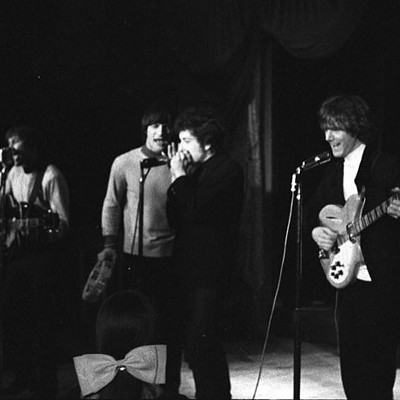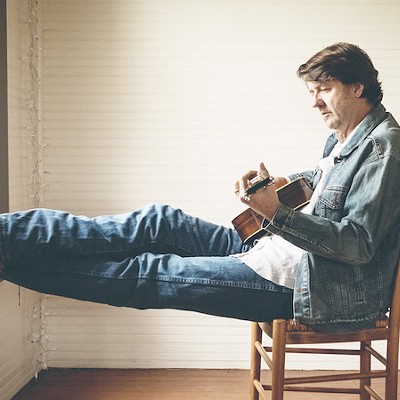Eminem is an interesting fellow. He was when he lit the world on fire with The Slim Shady LP back in 1999, and when he followed that up a year later with The Marshall Mathers LP. He was even interesting when he clumsily scrapped together some songs in 2009 and called it an album (Relapse, or, as it's referred to now, Craplapse).
So it makes sense that his latest album, the Drake-ishly self-indulgent Recovery, is interesting. It also makes sense that it sold more copies in its first week than any rap album has Lil Wayne's Tha Carter III in 2008. He was, after all, the best-selling artist of the previous decade.
The reviews thus far have hovered between Best Album He's Had In Years and Worst Album He's Had In Years. And curiously, perhaps expectantly, depending on how you want to look it, both of those summations could be absolutely correct.
Hit the jump to see the album's bullets and decide if you're now Pro-Em or Anti-Em.
- First, 750,000 copies? Cripes. That's amazing. No joke, that's about 746,000 more copies than Z-Ro's Heroin sold. Hip Hop DX described Rap-A-Lot's promotion and distribution of Heroin as being "limited." That's like saying that a limited number of people died in WW2.
- By the way, did you see the Algierz directed video for Ro's "Driving Me Wild"? It's pretty, uh... pretty... here, just watch it. You'll see.
- Regarding Recovery, it's actually good. A lot of people will tell you otherwise; Pitchfork gave it a 2.8, but they also gave Mike Jones's Who Is Mike Jones? a 7.0. It's dark, egotistical and a bit sporadic at times, but that's sort of the point; that's what happens when you almost kill yourself.
The opening line of the second verse of "On Fire," for example, raps, "I just put a bullshit hook in between two long-ass verses and you mistook this for a song." Em makes it less than 10 minutes into Recovery before he admits that his last two albums were pretty bad. He talks about his drug addiction at length. He talks about his family. He talks about his insecurities.
By the end of the album it feels less like an attempt to regain the spark he had at the beginning of the decade, and more like an attempt at simply closing it out honestly. A guy from the New York Times called it "the most insular of all of his releases." That's absolutely right. But it's not a bad thing.
- He samples Black Sabbath for the chorus of "Going Through Changes." And he samples Haddaway for the chorus of "No Love." Why don't more rappers do that? Oh, that's right, because it turns out to be pretty crappy once you get past the "Hey, Eminem sampled Haddaway!" feeling.
- Dre only has one more production credit on Recovery than we do.
- The best, most accurate criticism you'll read about this album will be blogger Disco Vietnam's: "When you're face-to-face with death and you don't die because, basically, you didn't want to, it's very difficult to go back to saying you don't give a fuck, let alone not giving a fuck. Eminem in 2010 gives a fuck."
Also: "Recovery isn't an Eminem record. It's the real Marshall Mathers LP. Its narrator is the man behind the curtain and that man is just some girl's dad."
Though Vietnam means this to be a reason as to why the album is a pooper, it's also why it's not. There's a very clear evolution Em has traversed over the course of his career, from nutbag to genius to legendary to almost unnecessary. These last two or so years, he seemed to be struggling with the fact that his attempts at provocation were being met with yawns.
But he addresses all of those feelings fairly adeptly here. He's not talking about being upset with himself solely for the sake of doing it. He seems generally interested in his own therapy, and his own life. That's why he's still interesting.





